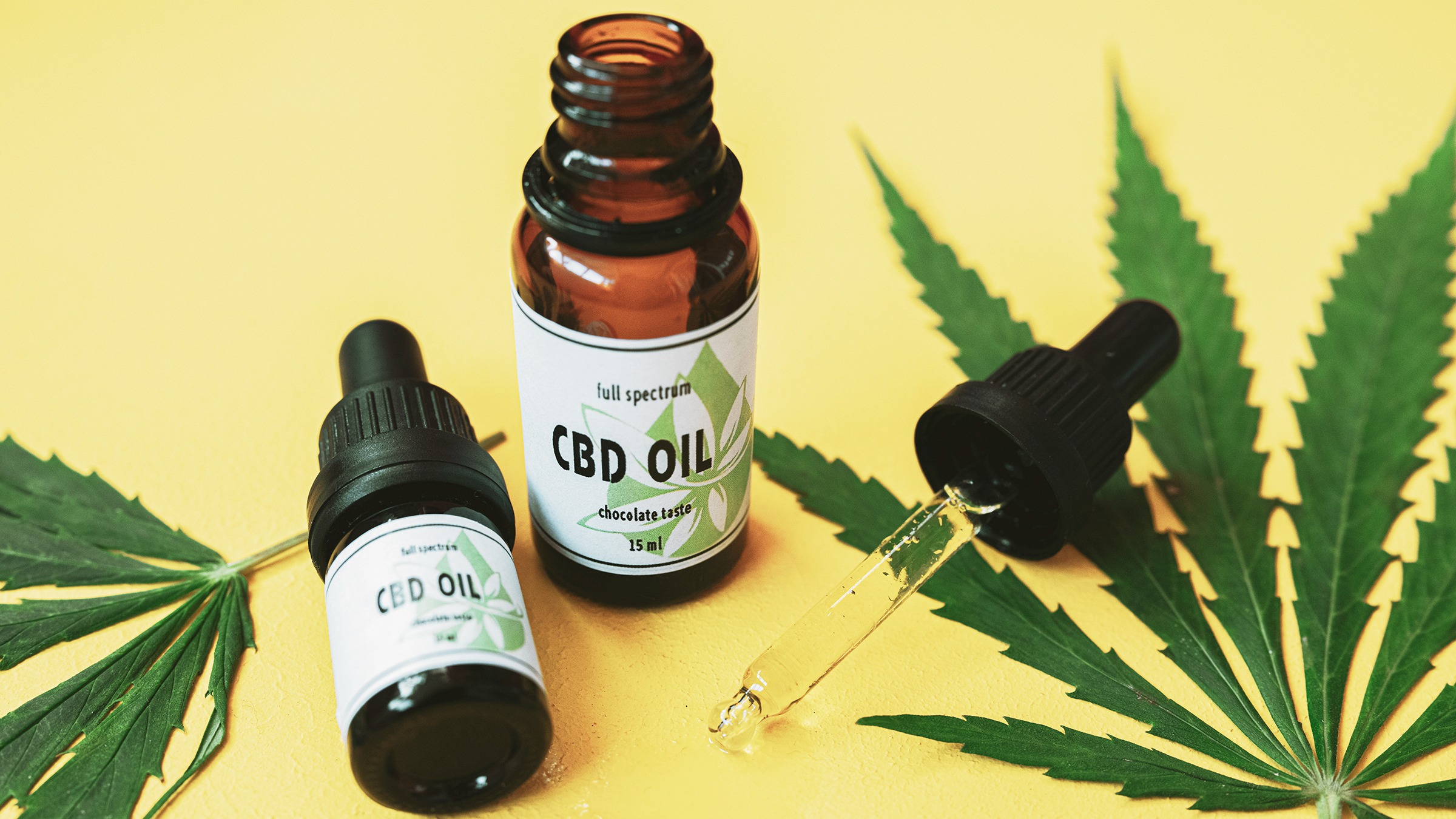
A growing body of scientific evidence is pointing to cannabidiol (CBD) as a promising tool in dermatology and cosmetic science, according to a new comprehensive review published in the journal Biomolecules.
Researchers at the George Emil Palade University of Medicine, Pharmacy, Science and Technology of Târgu Mureș in Romania examined existing literature on the non-intoxicating marijuana compound and found that its wide-ranging properties—including anti-inflammatory, antioxidant, antibacterial, analgesic and anti-proliferative effects—make it a strong candidate for managing skin disorders and advancing cosmetic innovation.
The paper highlights CBD’s potential in treating common conditions such as acne, psoriasis, atopic dermatitis and seborrheic dermatitis, as well as its role in wound healing, hydration and anti-aging. Beyond these, it also suggests possible applications in addressing skin cancers like melanoma and squamous cell carcinoma, as well as pigmentation disorders including vitiligo and melasma.
Importantly, the authors report that short-term topical use appears well-tolerated, with no documented allergic or irritant reactions to date. Still, they caution that the field faces hurdles, including CBD’s poor water solubility, limited penetration through the skin barrier and the absence of standardized formulations. Regulatory uncertainty further complicates matters: while hemp-derived CBD was legalized in the U.S. under the 2018 Farm Bill, the Food and Drug Administration (FDA) has yet to issue clear rules for skincare products, leaving most formulations outside formal approval pathways.
To overcome delivery challenges, researchers note that innovative formulation technologies—such as nanocarriers and novel emulsions—are under development to improve CBD’s stability and enhance its absorption into deeper skin layers. Such advances could make CBD-based creams, serums and balms more effective and reliable for both medical and cosmetic use.
The review also warns against exaggerated marketing claims, stressing the need for large-scale, well-controlled clinical trials to establish safety and efficacy. Without standardized testing and accurate product labeling, consumer trust could erode.
Nevertheless, the authors say CBD holds significant promise for emerging markets such as men’s grooming, sensitive skin treatments and post-procedure recovery. With continued research and improved regulation, CBD may become a central ingredient in next-generation dermatological and cosmetic therapies.
Read the whole article from Marijuana Moment here.
The post CBD Has Huge Potential in Dermatology, Here’s Some of the Benefits appeared first on Weed Deep Dive.












